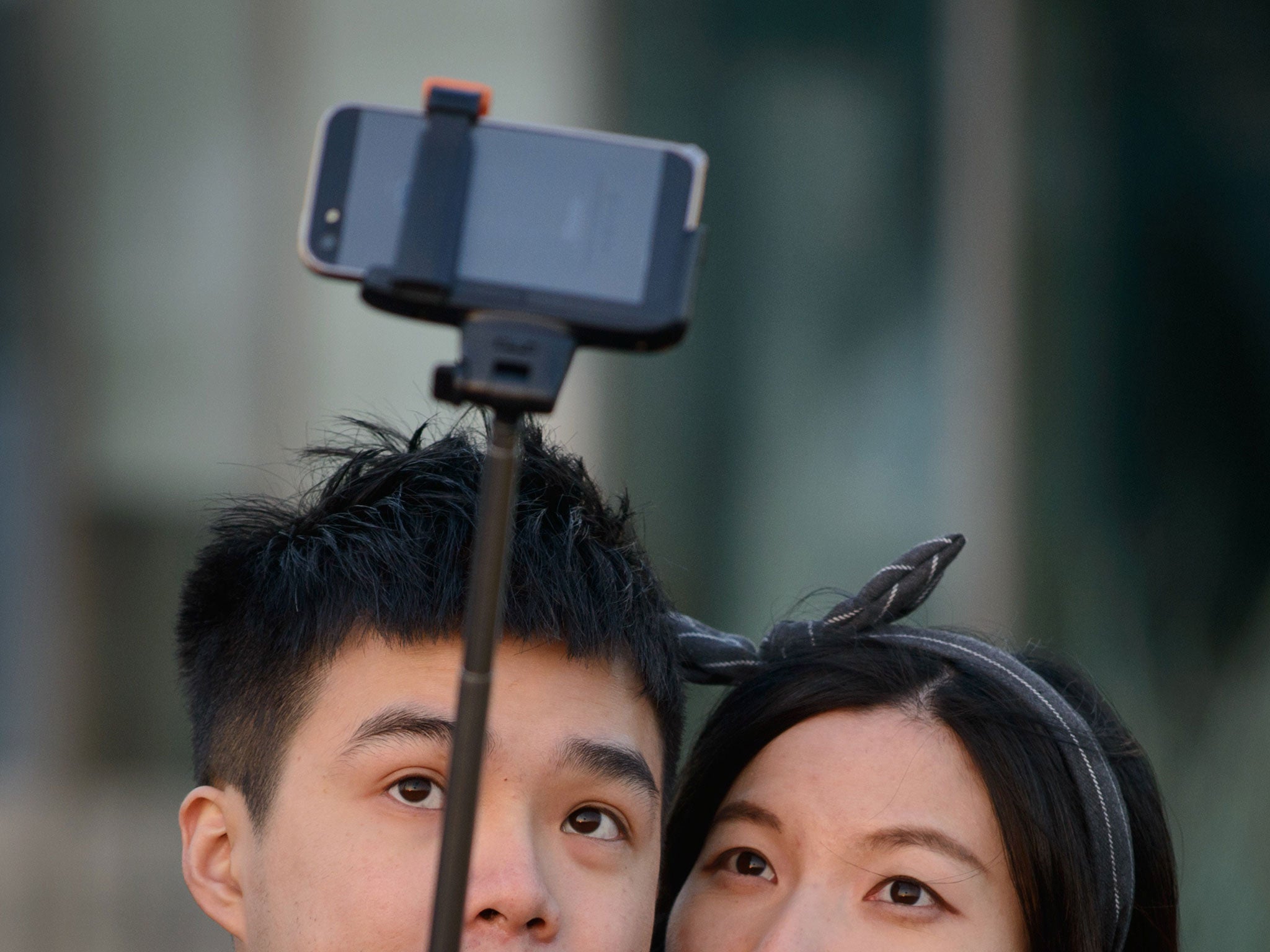Instagram selfies can negatively affect relationships, study finds
US researchers found that the photos can make a dent in romance

Your support helps us to tell the story
From reproductive rights to climate change to Big Tech, The Independent is on the ground when the story is developing. Whether it's investigating the financials of Elon Musk's pro-Trump PAC or producing our latest documentary, 'The A Word', which shines a light on the American women fighting for reproductive rights, we know how important it is to parse out the facts from the messaging.
At such a critical moment in US history, we need reporters on the ground. Your donation allows us to keep sending journalists to speak to both sides of the story.
The Independent is trusted by Americans across the entire political spectrum. And unlike many other quality news outlets, we choose not to lock Americans out of our reporting and analysis with paywalls. We believe quality journalism should be available to everyone, paid for by those who can afford it.
Your support makes all the difference.Adopting a duck-face pout, snapping a selfie and sending it to join the millions of others on Instagram might seem like harmless fun.
But a new study has suggested that it may have a negative impact on your relationships.
Researchers at the Florida State University conducted the study to investigate whether publishing selfies on the social media website held any consequences.
To make their findings, they asked 420 Instagram users aged between 18 and 62 years of age to fill out an online questionnaire about how many selfies they took and their relationships.
The results showed that how satisfied a participant felt with their body was associated with the amount of selfies they posted on Instagram.
This in turn was linked with negative outcomes in relationships.
Researchers hope that their findings will contribute to the understand of how Instagram can affect our lives.
The study follows a separate investigation into whether selfies are linked with psychopathy.
A team at Ohio State University concluded in early 2015 that men who post photos of themselves online scored higher on tests measuring narcissism and psychopathy.
However, those who edited those photos had stronger narcissistic tendencies, according to researchers.
Nevertless Jesse Fox, lead author of the study and assistant professor of communication at The Ohio State University, stressed that the results do not mean that men who post a lot of selfies are automatically narcissists or psychopaths.
Instead, the men scored within the average range of normal behaviour, but had high than average levels of these anti-social traits.
Join our commenting forum
Join thought-provoking conversations, follow other Independent readers and see their replies
Comments